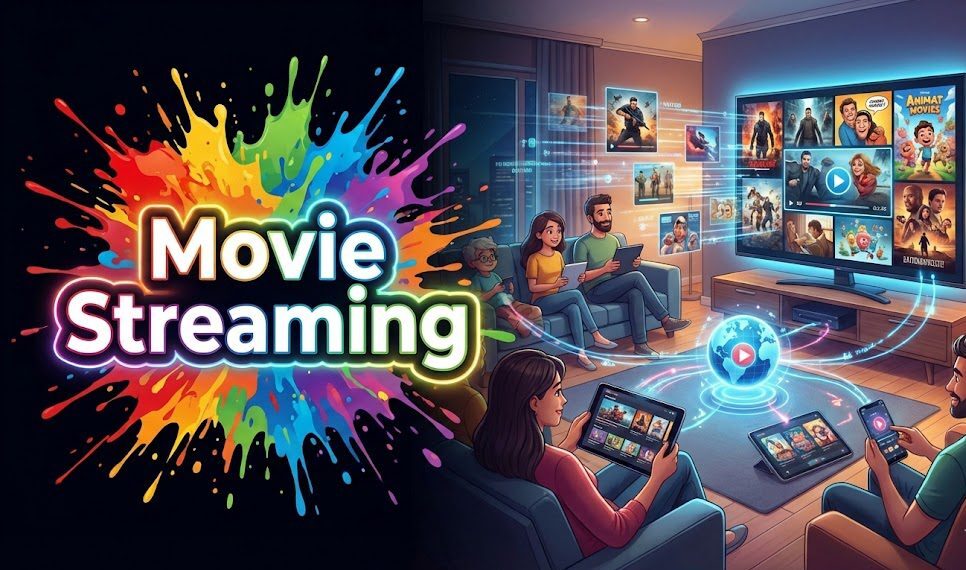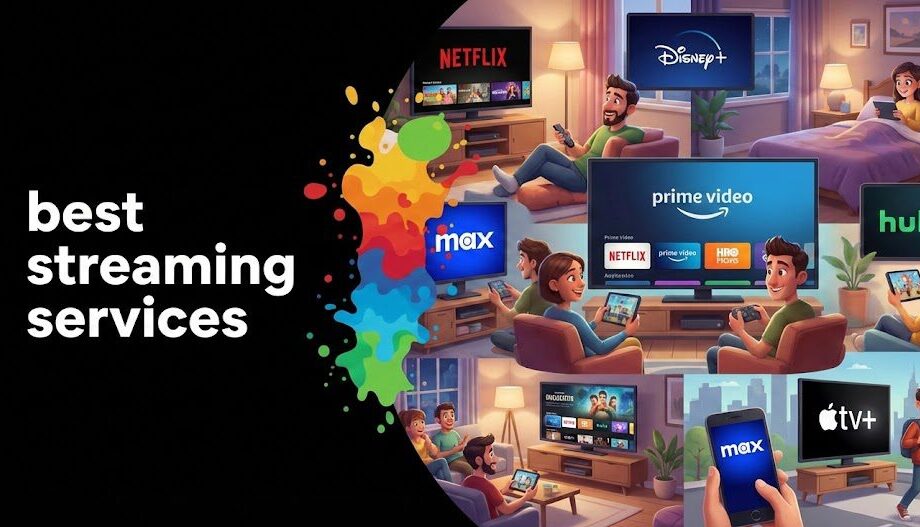Introduction
The global anime market is booming—and whether you’re a content buyer, distributor, or a production service provider, tapping into the right anime company can redefine your strategy. In this comprehensive article, we uncover everything you need to know about anime companies—from their evolving roles in the entertainment supply chain to how you can identify, evaluate, and connect with the most strategic partners using tools like Vitrina.
By the end of this guide, you’ll know how anime companies operate, how they differ across regions, how to discover co-production opportunities, and how Vitrina can supercharge your anime content and service partnerships globally.
✅ Discover high-potential anime studios globally
✅ Uncover regional specializations in anime production
✅ Explore Vitrina’s role in qualifying, profiling, and connecting you to anime companies
Table of content
- Introduction
- What is an Anime Company?
- Types of Anime Companies in the Entertainment Supply Chain
- Global Anime Market Trends
- Evaluating an Anime Company: Key Parameters
- Regional Hotspots for Anime Production
- Anime Co-Productions and Strategic Partnerships
- How Vitrina Helps You with Anime Company Discovery & Outreach
- Key Takeaways
- FAQs
Track Anime Projects in Real-Time

What is an Anime Company?
An anime company refers to a business entity involved in the creation, production, distribution, or servicing of anime content. These can range from animation studios and production committees to post-production specialists and content distribution houses.
Some anime companies operate end-to-end, handling content from storyboarding to release. Others specialize in animation techniques (2D, 3D, CGI), sound design, dubbing, localization, or IP licensing.
Types of Anime Companies in the Entertainment Supply Chain
- Production Studios: The core of anime creation, responsible for animation development.
- Pre-Production Specialists: Handle storyboarding, script writing, character design.
- Post-Production Vendors: Include editing, dubbing, VFX, and mastering studios.
- Localization Partners: Translate and adapt anime content for global markets.
- Distribution Companies: Market and sell anime content internationally.
- Content Financiers: Investors or companies that co-fund anime projects.
- Streaming & Licensing Platforms: Host and monetize anime content globally.
Global Anime Market Trends
The anime industry is witnessing exponential growth with:
- A CAGR of 9.8% expected through 2030.
- Rising demand from North America, Europe, and LATAM.
- Increased investments in co-productions and original anime IPs by streamers.
- High growth in non-traditional markets like Southeast Asia, MENA, and Africa.
Vitrina tracks these shifts in real-time, profiling companies adapting to these trends.
Expand Your Anime Content Strategy

Evaluating an Anime Company: Key Parameters
Before engaging with an anime company, key parameters to evaluate include:
- Experience and Portfolio: Past projects and genres.
- Ownership & Reputation: Studio leadership and industry credibility.
- Infrastructure: In-house talent, technology stack, scalability.
- Geographic Presence: Regional strengths and international delivery.
- Specialization: Style, format (TV, OVA, web series), language capabilities.
- Business Models: IP creation, service-only, licensing, or co-production.
Regional Hotspots for Anime Production
- Japan: The global nucleus of anime IP development and production.
- South Korea: Strong in digital animation and outsourcing.
- China: Investing in original anime IP with global reach.
- India & Indonesia: Emerging hubs with cost-effective production talent.
- LATAM (e.g., Brazil, Mexico): Local anime-inspired productions.
- MENA: New demand centers for anime adaptations and local language dubbing.
Anime Co-Productions and Strategic Partnerships
Anime co-productions are on the rise, enabling companies to:
- Tap into new audience segments.
- Share production costs.
- Leverage localized storytelling with global aesthetics.
- Diversify revenue via licensing and merch deals.
Example: Japanese studio DLE partnered with companies in the Middle East, India, and Southeast Asia using Vitrina’s network.
How Vitrina Helps You with Anime Company Discovery & Outreach
Vitrina is your competitive advantage in the anime business landscape.
✅ Discover Top Anime Companies Worldwide: Across production, post, localization, financing, and distribution.
✅ Access Verified Contacts and Deep Profiles: Know who to speak to, their specialization, deal history, and contact details.
✅ Match with Right Partners: Based on your needs—whether it’s for co-pro, service outsourcing, or licensing.
✅ Track Anime Projects: Using Vitrina’s Global Film+TV Projects Tracker to find in-development anime shows and connect with collaborators.
✅ Outreach Tools: Premium members get direct outreach support to connect with decision-makers inside the anime ecosystem.
Key Takeaways
- Anime companies vary across production stages and regional strengths.
- Evaluation should be strategic—go beyond surface-level portfolios.
- Global demand for anime is rising; partnerships are key.
- Vitrina empowers content buyers, production vendors, and distributors to engage more intelligently with anime studios and co-producers worldwide.
Frequently Asked Questions
Yes. Vitrina profiles anime post-production experts globally, including VFX, sound design, and localization vendors.
Use Vitrina’s qualification tools based on genres, infrastructure, language, and deal history.
Yes. Vitrina’s Projects Tracker maps all anime productions by stage, collaborators, and decision-makers.





































